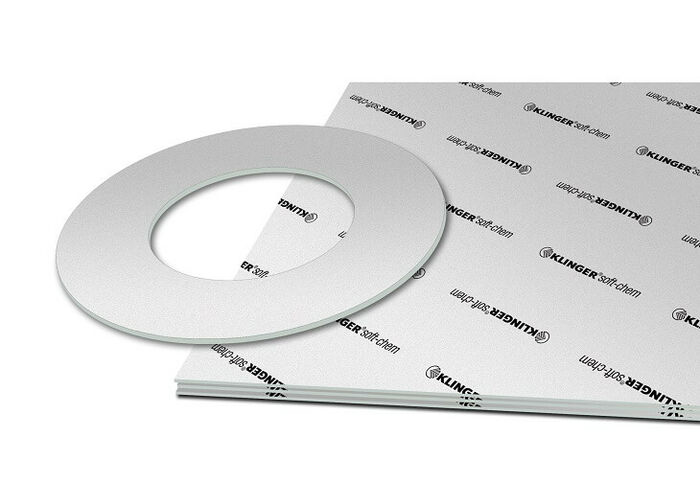Material Hub > Materialien
Materialien
-
Kategorie KunststoffeDichte 1.15 g/cm³Einsatztemperatur < 90 °C
-
Kategorie KunststoffeDichte 1.14 g/cm³Einsatztemperatur < 90 °C
-
Kategorie KunststoffeDichte 1.42 g/cm³Einsatztemperatur < 220 °C
-
Kategorie KunststoffeDichte 1.01 g/cm³Einsatztemperatur < 80 °C
-
Kategorie KunststoffeDichte 0.96 g/cm³Einsatztemperatur < 80 °C
-
Kategorie KunststoffeDichte 0.93 g/cm³Einsatztemperatur < 80 °C
-
Kategorie KunststoffeDichte 0.935 g/cm³Einsatztemperatur < 80 °C
-
Kategorie KunststoffeDichte 0.95 g/cm³Einsatztemperatur < 80 °C
-
Kategorie KunststoffeDichte 0.945 g/cm³Einsatztemperatur < 80 °C
-
Kategorie KunststoffeDichte 1.41 g/cm³Einsatztemperatur < 250 °C
-
Kategorie KunststoffeDichte 0.94 g/cm³Einsatztemperatur < 80 °C
-
Kategorie KunststoffeDichte 0.935 g/cm³Einsatztemperatur < 80 °C
-
Kategorie KunststoffeDichte 0.93 g/cm³Einsatztemperatur < 80 °C
-
Kategorie KunststoffeDichte 0.94 g/cm³Einsatztemperatur < 80 °C
-
Kategorie KunststoffeDichte 0.93 g/cm³Einsatztemperatur < 110 °C
-
Kategorie KunststoffeDichte 0.93 g/cm³Einsatztemperatur < 80 °C
-
Kategorie ThermoplasteDichte 0.9 g/cm³Einsatztemperatur –
-
Kategorie ThermoplasteDichte 0.94 g/cm³Einsatztemperatur -250 – 80 °C
-
Kategorie ElastomereDichte 1.09 – 1.15 g/cm³Einsatztemperatur -55 – 150 °C
-
Kategorie ElastomereDichte 1.84 g/cm³Einsatztemperatur -15 – 200 °C




